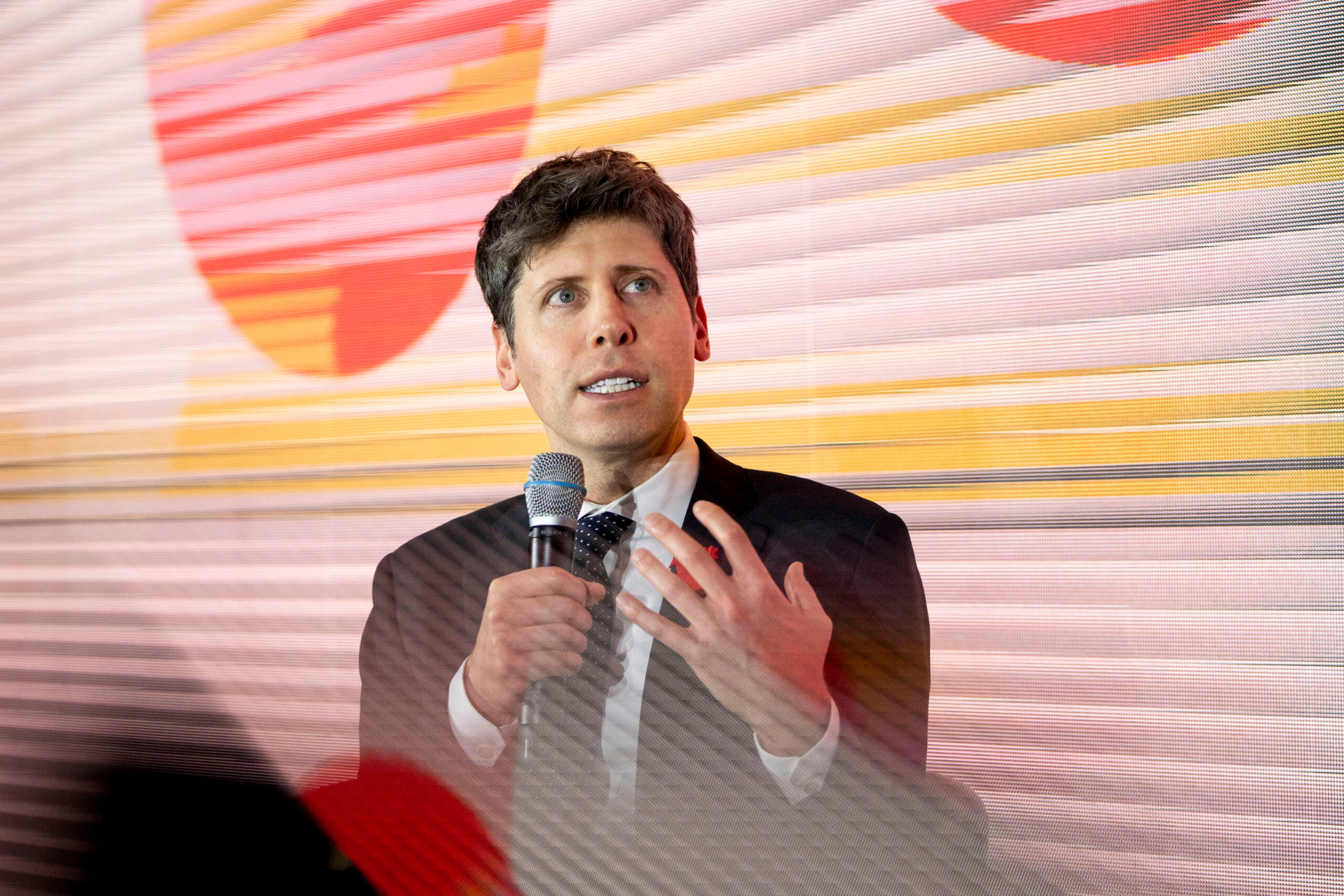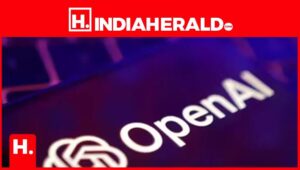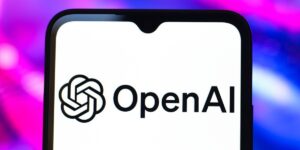Former OpenAI Employees Submit Amicus Brief Against Company’s Shift to For-Profit Model

Ex-OpenAI Employees Support Elon Musk in Legal Challenge
A group of former OpenAI staff members recently took a stand by filing a proposed amicus brief in favor of Elon Musk. This legal move comes as Musk is engaged in a lawsuit against OpenAI concerning the organization’s shift from a non-profit model to a for-profit corporate structure.
Background on the Lawsuit
The lawsuit centers around a significant transformation within OpenAI. Initially founded as a non-profit entity aimed at advancing artificial intelligence for the benefit of humanity, OpenAI has announced plans to restructure as a for-profit corporation. This shift raises numerous questions about the organization’s priorities and its impact on the broader AI community. Critics argue that such a transition could compromise OpenAI’s original mission, as profit motives may overshadow the ethical considerations of AI development.
The Role of the Amicus Brief
An amicus brief, or “friend of the court” document, serves to provide the court with additional insights or arguments that may not be presented by the primary parties involved in a lawsuit. By filing this brief, the former OpenAI employees aim to highlight the potential risks associated with the transition, emphasizing their concerns about how it might affect the ethical oversight of AI technologies.
Key Concerns Raised
Loss of Mission-Centric Focus: The original mission of OpenAI was rooted in ensuring AI benefits all of humanity. Critics worry that moving to a for-profit model might divert attention from ethical AI development towards maximizing shareholder profits.
Implications for AI Safety: As AI becomes more integrated into various aspects of society, the need for robust safety protocols is paramount. The brief argues that transitioning to a profit-driven model may weaken the focus on safety measures and responsible AI use.
Impact on Innovation: There are concerns that a for-profit structure might prioritize short-term gains over long-term innovative breakthroughs. The fear is that this could stifle creativity and exploration of new ideas critical to AI advancement.
- Transparency Issues: Non-profit organizations often operate with a degree of transparency about their practices and funding sources. In contrast, for-profit corporations may be less forthcoming, raising concerns about accountability and ethical governance.
David versus Goliath
This legal battle can be seen as a David versus Goliath scenario, where Elon Musk, a prominent figure in the tech industry, is challenging an organization that has grown immensely in influence and resources. Musk’s history with AI and technology makes him a significant opponent, and his public stance advocates for ethical guidelines to govern AI .
Legal Implications and Public Interest
The outcome of this lawsuit may set important precedents regarding the nature of artificial intelligence development and corporate governance in the tech industry. As more companies in the AI sector consider similar transitions, the implications of this case could resonate throughout the industry, shaping future policies and ethical standards.
Broader Reactions
The legal implications of this lawsuit have sparked widespread discussion among tech experts, investors, and consumers alike. Advocates for ethical AI are closely watching the developments, while some investors may have varying interests in the transition from non-profit to for-profit models. The discussion highlights the role of stakeholders in potentially influencing the direction of AI technology and research in the years to come.
This situation reflects a growing concern about how technological advancements are intertwined with corporate interests, raising essential questions about accountability, ethics, and the ultimate goals of AI innovation. As the case progresses, it is likely to attract further attention from media, analysts, and policymakers alike, fostering an ongoing dialogue about the future of artificial intelligence.






